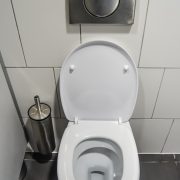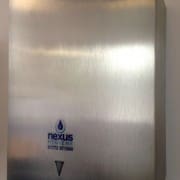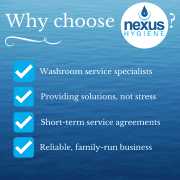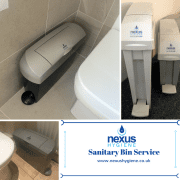To Flush or Not to Flush? That is the Question!
Let’s talk toilets. It’s definitely not a sexy subject, however, it’s an essential one. Following last week’s Water Saving Week, we’ve been thinking about the questions we’re asked the most and a common one is: What Can I Flush Down The Toilet?
The Water Industries Act 1991 states that:
“No item should be flushed that could cause a blockage within the sewer or drain.”

Water UK says that more than 80% of flooding in the UK is due to blockages in sewers.
“In the Thames region alone, disposal of unsuitable products, combined with fats, oils, grease and food waste poured down the sink, causes 1,000 homes and 5,000 gardens to be flooded each year. The nationwide cost of unblocking the sewers maintained by the water and sewerage companies already runs to £88 million a year.”
Earlier this month, Thames Water was slapped with a unprecedented £20.3m fine over what is the largest freshwater pollution fine levied to a utility company up-to-date. Over 1.4bn litres of raw sewage leaked into the River Thames, killing thousands of fish and leaving humans and animals sick.
Domestic drainage pipes are only, on average, 10cm in diameter. They are not designed to carry anything more than toilet tissue. The International Flushability Statement from Water UK, lays out things that can be flushed and is quite simple:
“Only the 3Ps – Pee, Poo and toilet Paper.”
Let’s look at six everyday items which are regularly flushed down the loo.
-
Sanitary Products
Did you know sanitary products shouldn’t be flushed down the toilet? A survey suggests that over half of UK women flush their sanitary products. With over 80% of flooding being down to sewage blockages, it’s probably a fair assumption that a large proportion of all blockages are down to flushed sanitary products. Even when the packaging of these items suggests that they are flushable or biodegradable, they do not break down once they reach the sewers and can take many years to degrade. All sanitary waste should be placed in a suitable waste receptacle.
According to Anglian Water, every week, a horrific 800 tonnes of wipes and sanitary waste products are flushed down the toilet, leading to them needing to be physically removed from sewers.
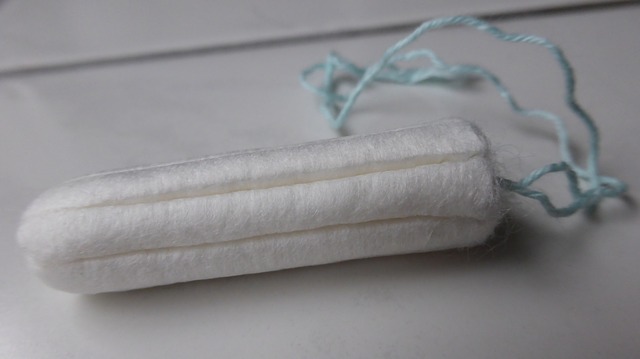
If you’re a business or premises, by law, you are required to provide a disposal system of sanitary products for females in your establishment. The waste system should actively control odour and fight bacteria. The removal and disposal of waste items must be completed by a registered waste carrier, as is your Duty of Care.
-
Wipes
Wet wipes – baby, face, cleaning etc – are generally made from materials that do not degrade. Additionally, they are thicker than toilet tissue and do not break down in the same way that regular loo roll does. Even if the packaging states they are biodegradable, it doesn’t mean that they are therefore flushable. Another for the bin-it list.
-
Paper Towels
These type of products are bulkier and denser than regular toilet tissue, therefore can cause blockages in domestic drainage pipes. Bin it, don’t flush it.
-
Dental Floss
This is another type of non-flushable item that contributes to blocked pipes and sewer build-up. Put used floss in the bin, never flush it.
-
Condoms
Just no. Ever. Don’t flush condoms: they are a definite bin-it item. Used condoms are a major cause of blockages in sewerage works. Thames Water sewer operative, Simon Evans, stated: “I’ve been down the sewers in central London and seen what appear to be fish on the surface. They’re actually condoms filled with air, bobbing around. It is pretty grim.”
-
Nappies
Nappies are classed as non-hazardous, offensive waste. For average households, nappies should be disposed of alongside municipal (black bin) household waste.
If you have a nursery or child care facility, and produce more than 7kg of nappy waste, or have more than one bag in a collection period, you must separate this from this waste and have a dedicated bin collection service to adhere to your Duty of Care. Never flush nappies. Telford’s Princess Royal Hospital discovered that a major leak of raw sewage running down the walls of their new £28m Women’s and Children’s Unit was caused by someone flushing a nappy and a baby vest down the toilet. True story.
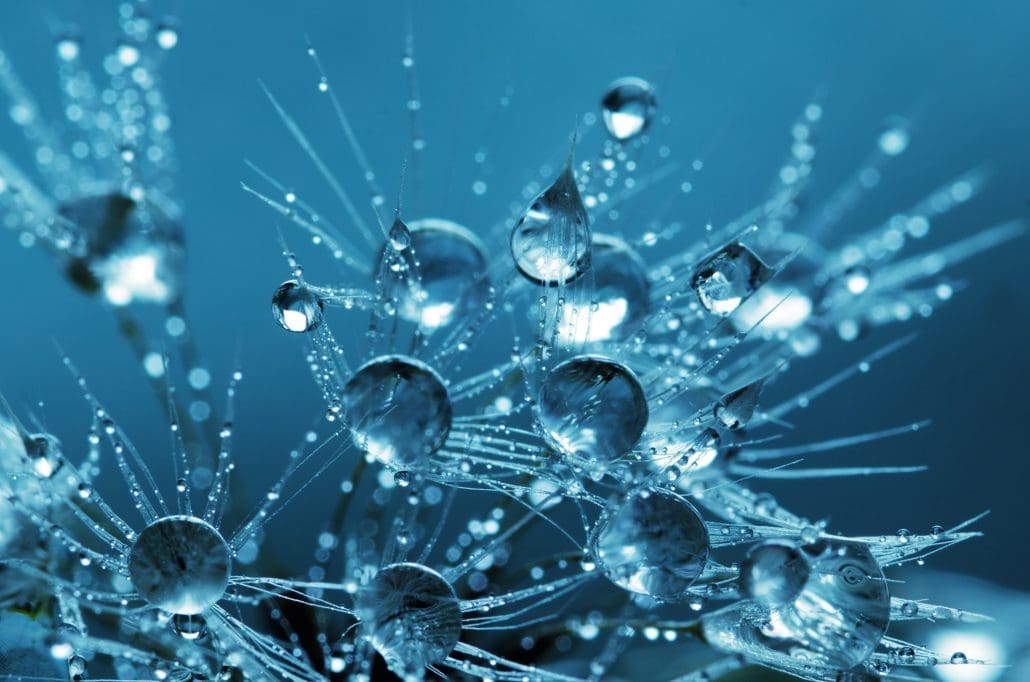
*Since 2008, Nexus Hygiene Ltd have provided professional and reliable washroom services to customers across the North West. From the point of installation, we efficiently deliver everything as promised, which is just one of the reasons why our existing customers remain loyal to us year after year.
Please call us on (01772) 671500 or (07958) 764499 for more information, site survey or direct price comparison: we’re always happy to help.

